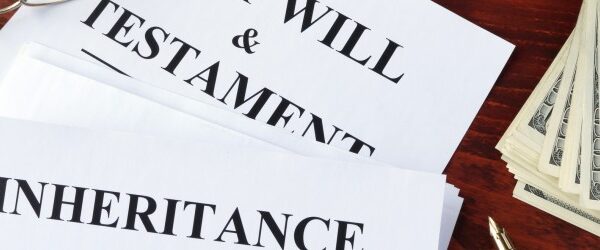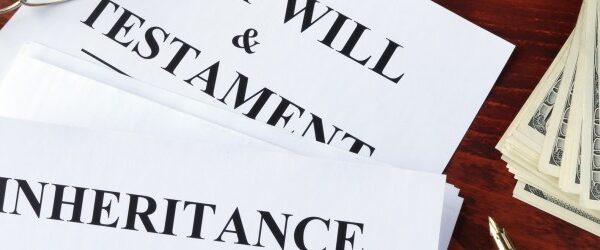Understanding Inheritance Tax Deductions

If you are writing your will, or handling the assets of a loved one who has passed away, it’s important to understand Inheritance Tax.
Inheritance Tax is a deduction which is taken from the overall value of a person’s estate after they have died. The deductions from a person’s estate comes from finances which are in the following:
- Any properties owned, including the main home
- All possessions
- Bank and Building Society accounts
- Investments
- ISAs
- Insurance policies which are not paid out under trust arrangements
The funds taken from Inheritance Tax are paid to HM Revenue and Customs (HMRC), and is managed by the executor of your will, or the person who is handling your estate. People who inherit your estate don’t usually pay tax on anything they gain.
Why do we have to pay Inheritance Tax?
The Inheritance Tax policy dates to 1894 when the government introduced it to pay off a £4m government deficit, and originally only affected the very wealthy. However, as property prices have continued to rise in recent years, 2008 hit an all-time Inheritance Tax high as around £4bn was claimed.
This rise in property prices and an increased number of people needing to be aware of the tax being taken on their estate has created much more of an awareness in recent years, and has caused a surge in the number of people who look after their finances before they die so that their loved ones don’t have to bear the burden.
Who doesn’t have to pay Inheritance Tax?
As this tax is dependent on how much an estate is worth, there are some people who will not be affected. Those who are exempt from paying Inheritance Tax meet the following criteria:
- The value of the estate is below the £325,000 threshold
- Everything is left to a spouse, civil partner, charity, or a community amateur sports club
There are ways to increase your threshold for the amount you pay. If you give your home to your children or grandchildren, the threshold will rise to £425,000, or if you’re married or in a civil partnership and your estate is worth less than £325,000 the remaining allowance can be added to your partner’s threshold when you die. This then gives them a threshold of up to £850,000.
How much should you expect to pay?
On anything in your estate over £325,000, the standard Inheritance Tax rate is 40%. If you leave 10% or more of the total value of your estate to a charity, some of your assets will only be charged at 36%.
Any gifts which you give to loved ones may be subject to Inheritance Tax, but this is only the case when you give away more than £325,000 and die within seven years of it being given.
Inheritance Tax on gifts and exemptions
One way to reduce the amount of Inheritance Tax charged on your estate when you die is through giving gifts to your loved ones. There are rules to follow, and the possibility of the people who receive your gifts could still be liable for tax under certain circumstances.
A gift is classed as anything of value which you give to someone else. This can include money, property or possessions.
Everyone has an annual exemption where you can give away £3000 worth of gifts each tax year without the value being added to your estate.
It is also possible to give away the following within a tax year:
- Wedding or civil ceremony gifts of up to £1,000 per person (£2,500 for a grandchild or great-grandchild, £5,000 for a child)
- Normal gifts of Christmas or birthday presents out of your income
- Payments to help with another person’s living costs, such as an elderly relative or a child under 18
- Gifts to charities and political parties
- As many gifts of up to £250 per person
When you gift a large sum to another person, they may have to pay Inheritance Tax on the amount if you die within seven years of them receiving it. The rates of the years between gift and death and tax paid are:
- Less than three years – 40%
- Three to four years – 32%
- Four to five years – 24%
- Five to six years – 16%
- Six to seven years – 8%
- Seven years or more – 0%
Are you still unsure about Inheritance Tax?
Inheritance Tax is something which more and more people are educating themselves on as the value of estates continues to rise in line with the boom in property prices.
If you are writing your will, or handling the will of a loved one, and you need further advice on what to expect the tax payments of the estate to be, Caversham Solicitors are experts in making it clear for you.
For a consultation on Inheritance Tax or to discuss your options with gifts and exemptions, call us on 0800 085 5575.




